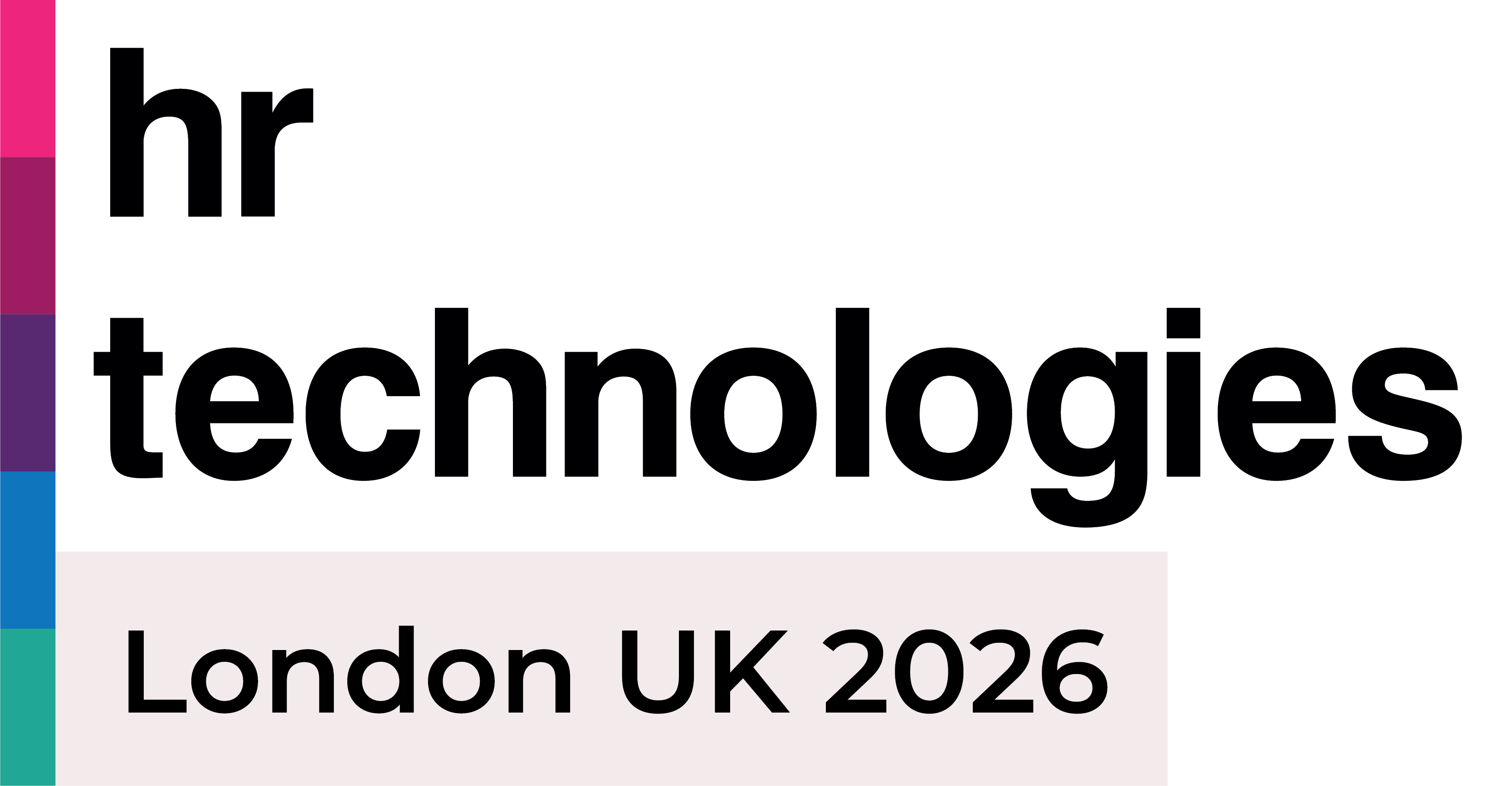Will AI and HR go hand in hand in 2024?

It’s a new year, and with it comes questions of what to expect over the next twelve months. This is no less true than for HR professionals, for whom 2023 was defined by further talent shortages, discussions around DEIB and wellbeing and – impossible to ignore – the introduction of generative artificial intelligence (AI) into the workplace.
The ways in which AI began to appear in our working lives were varied. First, a particularly tech-savvy member of the team may playfully have shown us a poem written by Chat-GPT in the style of Bugs Bunny. Then, we may have fielded a CV or two containing some suspiciously robotic language. Before long, determining the difference between human- and AI-generated content became a daily task in our lives. Debates arose in every corner of every industry regarding the ethics of AI and the threat it may or may not present to people’s livelihoods.
However, while these questions remain valid and care should be taken with AI (just as with any new technology), it is an undeniably useful tool. This sentiment is echoed by the UK’s HR community; 80% support its integration into their talent acquisition processes alone.
This information was collected via a large-scale survey of UK HR professionals conducted by the organisers of HR Technologies UK, the exhibition and conference taking place at ExCeL London on the 17th and 18th of April, 2024. With insight from over 1,000 HR professionals, this survey covered a wealth of topics relevant to the function, from HR’s biggest challenges to which technologies will be most instrumental in solving them. Unsurprisingly, AI was a recurring theme.
When it comes to investment in technologies, HR has not been shying away – on average, businesses spent a staggering £340,257 on HR tech over the last financial year, with 56% of businesses spending over £50,000. This should hardly be surprising, when an overwhelming majority of 94% recognise technology’s instrumental role in solving the challenges of their role.
So, as we turn our eyes over to 2024, what’s next? Will the continuing emergence of AI find its way into the people function in a stronger way?
As we’ve already seen, that much is true at least in the case of talent acquisition. AI’s ability to identify and assess candidates at speed is invaluable. It can connect dots and interpret data in a way the average human brain simply can’t manage.
There is, however, a stubborn crease that needs to be ironed out that comes in the form of bias. AI has reliably been demonstrated to perpetuate common societal biases across characteristics such as race, gender, age and even regional dialect. These biases are prevalent across platforms, from ChatGPT to Midjourney, and this, understandably, has been a cause for concern among the UK’s HR community, who want to ensure their hiring practices are as fair and inclusive as possible.
To combat this, when asked about the most useful technological tools for promoting DEIB in the workplace, 18% cited inclusive eLearning and training, while 16% supported accessibility technology and a further 13% named real-time diversity & inclusion dashboards.
Returning to AI, HR professionals were divided on which facets of their role would be best served by AI’s integration. 26% of respondents believed that the technology would be most useful in onboarding and training, allowing programmes and processes to be streamlined and tailored to each individual employee.
Another 24% nominated performance management – the way in which an AI tool can interpret an employee’s performance data can offer insights that improve productivity, engagement and retention.
Just behind at 22% were respondents who supported AI chatbots and virtual assistants. These tools can save HR professionals hours by responding to common queries and assisting with everyday tasks, freeing up the human members of the team to deal with higher-value problems.
Nicki Morris, Group Exhibition Director at HR Technologies & Learning Technologies, had this to say about the report’s findings:
It is excellent to see that the majority of HR professionals are looking for technology solutions, such as AI, to streamline practices. These findings provide hope for the future of automation, with human oversight, within practices, with the cohesive use of emerging technologies, like AI.
As with many other areas in organisations, HR teams are struggling for resource in an increasingly competitive business environment, and the evidence from our survey suggests that practitioners will lean heavily on automation and virtual assistance in the coming years. By investing in new technologies, HR practitioners can relieve themselves of certain time-consuming burdens, while maintaining peace of mind in knowing that these tasks are in the hands of technologies that have seen significant recent investment.
These sentiments were echoed by Richard Doherty, Senior Director Product Marketing EMEA at Workday, who are exhibiting at HR Technologies UK in April:
The findings from this research are very much aligned with what we are seeing from customers. HR professionals are seeking to harness the power of AI to make their departments more effective and efficient. By automating time-consuming and repetitive administrative processes, they can focus on the high-value tasks that only humans can do.
)
)
)
)
)
)